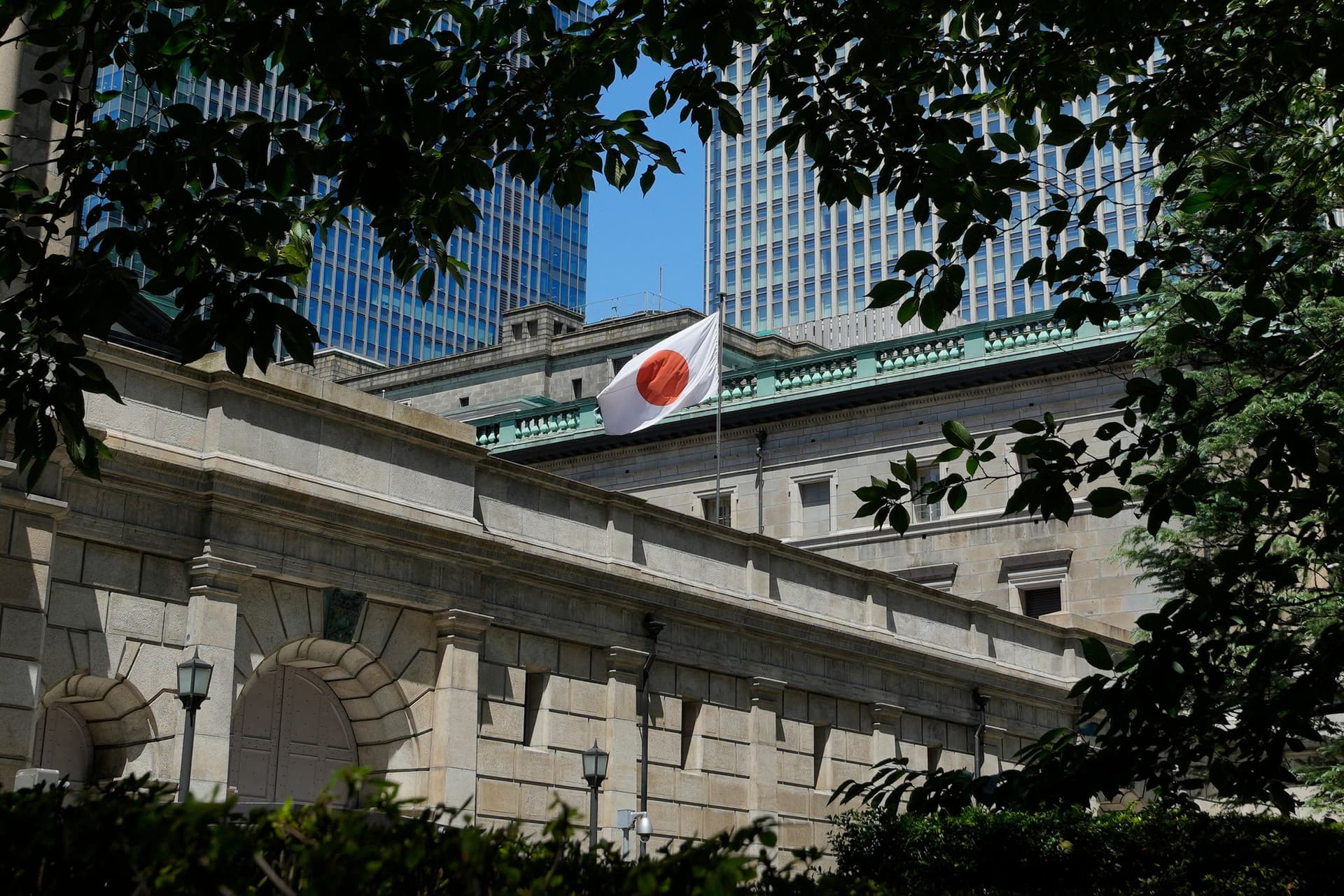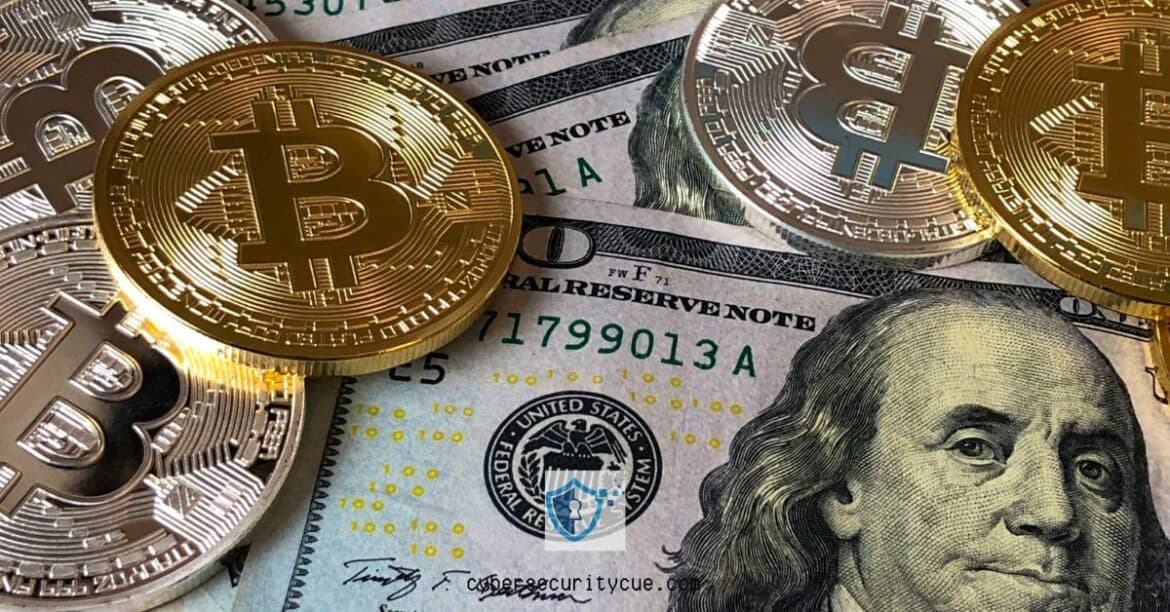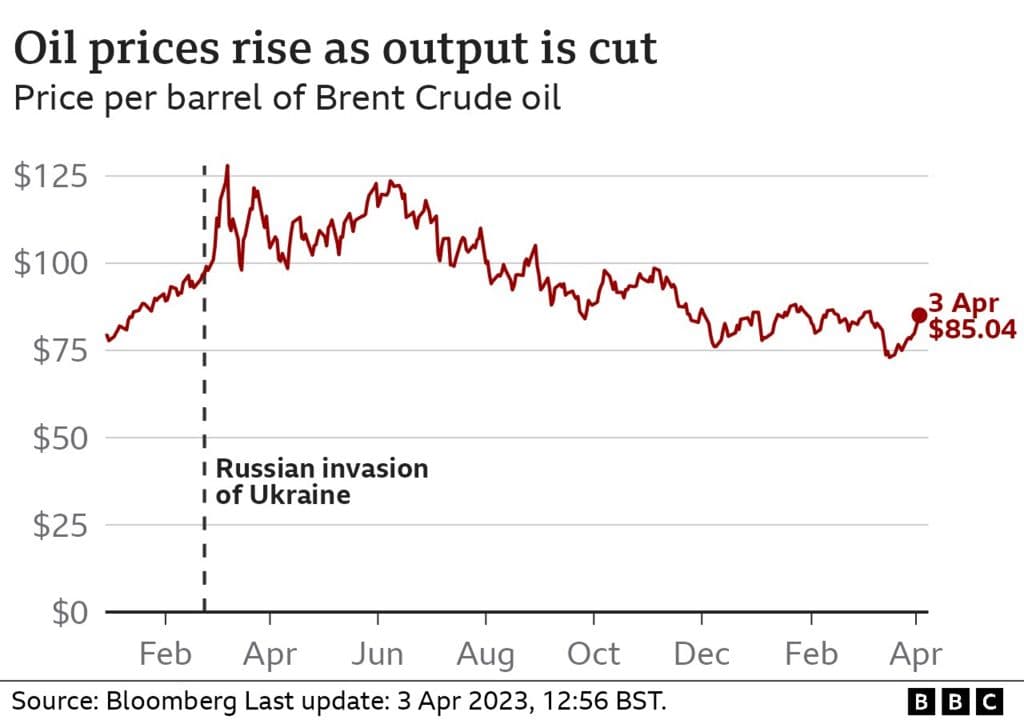Bank of Japan board member signals interest rate increase could come soon
A Bank of Japan board member tells the Nikkei the central bank is "nearing" a decision to raise interest rates, and December is a possible window if incoming data warrant action. The comments intensify market speculation about a break from decades of ultra easy policy, with implications for the yen, government bond yields, and global investors.

Bank of Japan board member Kazuyuki Masu tells the Nikkei and other Japanese outlets the central bank is "nearing" a decision to raise interest rates, reinforcing recent signals from Governor Kazuo Ueda that a December tightening is possible. Masu says the bank would not necessarily wait for next year’s spring wage negotiations, and that any move would be contingent on incoming economic data. The remarks mark a clear shift toward a more hawkish tone within the BOJ as it weighs ending a prolonged era of ultra easy monetary policy.
The comments come against a backdrop of inflation that has exceeded the BOJ’s two percent target for several years and gradual but uneven wage gains. The central bank’s key policy rate has been at negative territory for many years, and yield curve control has been a central tool for keeping long term borrowing costs low. Markets have interpreted Masu’s language as a signal that the BOJ is preparing to normalize policy, even as officials emphasize data dependency.
Financial markets reacted quickly to the heightened odds of tightening. The yen strengthened against major currencies, while Japanese government bond yields climbed as investors priced in a prospective policy rate rise. Global fund managers who have positioned for ultra low Japanese rates face reassessment of carry trade strategies and asset allocations. Higher Japanese rates could alter the cross border flow of capital, putting upward pressure on global bond yields and complicating monetary settings elsewhere.
For households and businesses in Japan the implications are immediate and material. Even a modest increase in official interest rates would raise borrowing costs for mortgages and corporate loans, compress the valuations of interest sensitive assets and boost interest income for banks and pension funds. Policymakers must balance those effects against the benefits of anchoring inflation expectations and preventing excessive financial risk taking that long low yields can foster.
The internal dynamics at the BOJ now look more complex. Governor Ueda has signaled openness to December tightening in recent public remarks, and Masu’s comments suggest a growing consensus among board members that the time for policy normalization may be near. That consensus will be tested by upcoming data on consumer prices, wage settlements from major firms and indicators of domestic demand. The traditional spring wage round remains a central transmission channel for higher wages to sustain inflation, but Masu’s indication that the bank will not necessarily wait for that process signals a willingness to act on inflation momentum rather than on negotiated pay outcomes alone.
In a broader historical context this is part of a slow pivot by Japan away from the extraordinary ease that defined domestic monetary policy for decades. A durable shift would reshape financial sector profitability, household balance sheets, and the fiscal backdrop for government borrowing. For global markets, a meaningful BOJ tightening would remove one persistent source of liquidity and reprice risks across asset classes, underscoring how deeply intertwined Japan’s policy trajectory has become with international financial conditions.

